Student internship is a quintessential part of an architectural education. However, it is increasingly becoming an unmitigated ordeal for many within the community. Affecting both students and practicing architects, the workforce imbalance and issues of ineptitude have created an unfavourable – and often exploitative – situation.
Inviting the opinions of architects, educators and students, we strive to start a conversation about what can be done to improve this situation. Below, we bring to you opinions and anecdotes from the students’ side.

CoA should compile a list of firms that are eligible for internships, and then maintain proper census reports regarding the accommodation of students in these firms. – Suresh Babu
I feel that firms should facilitate learning beyond practical knowledge as well. For example, firms should start pulling in candidates with respect to their leadership talents, even if they’re lagging in certain software skills – not the basic ones, but specialized softwares such as 3DS, Rhino, etc. This soft-skill based selection can be done through the resume. – Shibi Shankarram
If eligibility for an internship is solely dependent on portfolios, then what about students that are lagging behind? They are also required to be taught and trained like everyone else. However, they do not even get the opportunity to join a firm and learn something, unless they have the necessary contacts. What are we doing to help these people? – Urbi Mondal
I have undergone a very tough internship period for my graduation, where I had to work for several hours beyond office timings. The same happened when I joined a landscape firm after completing my Master’s degree; I was not provided any joining letter, and work hours extended till 9:00 PM – all this for being a fresher in the field.
As I could not cope with the sustained mental and physical exhaustion, I decided to leave the office. However, when I asked for my due salary, I was told to forget about it as I had not given any notice period.
The question is – how can an office expect us to comply with guidelines when they have not provided any written information or rules & regulations about the same? Is this only about their convenience? – Saurav Parmar
I did my internship in an architect’s office in Gujarat. It was a small office, and the architect was very rude to me. I was told to stay in the office till late hours – sometimes till 10 pm – to complete the pending work. The architect also sexually harassed me several times. The stipend was 3k per month; it was paid in cash after the internship had ended, and after multiple reminders.
The architect even threatened me that he will not give me the training certificate if I spoke about this to anyone – I was very afraid, so did not even share this incidence with my family members. I do not have any proof of his actions; only a few friends know about it. I hope this architect’s actions are exposed soon and met with legal consequences. – Anonymous
Compassion for students and interns is lacking in this industry. Interns are looked at as objects to be used as per need and later disposed.
The trauma of the first job in a student’s mind is long-lasting. With the rising cases of anxiety and suicide among students, we need laws and guidelines to control this situation. – Varushi Jain
*The names attributed are the ones submitted to ArchitectureLive! via this form. We do not endorse and/or take responsibility for the veracity (or lack thereof) of the claims made above.


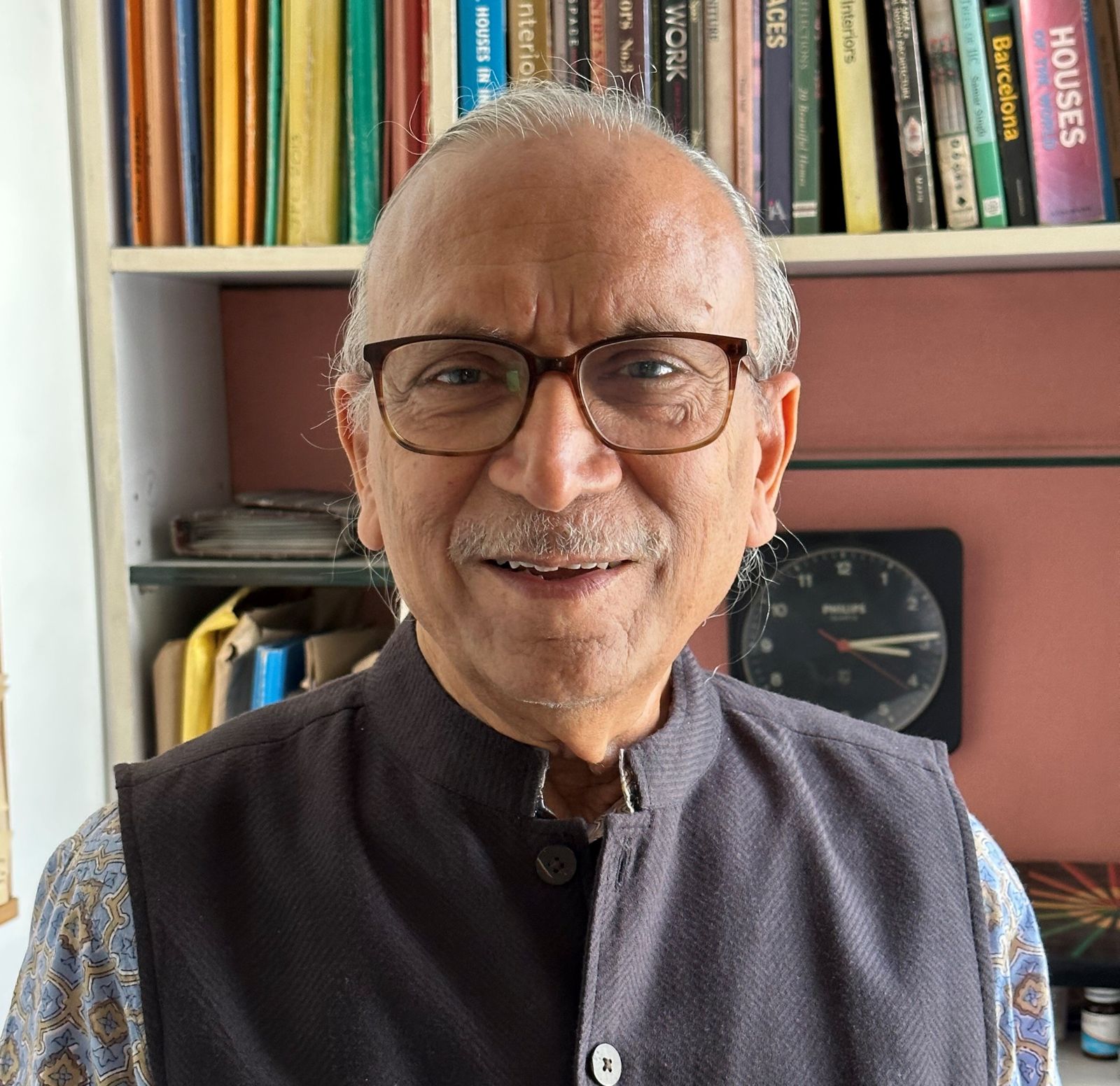
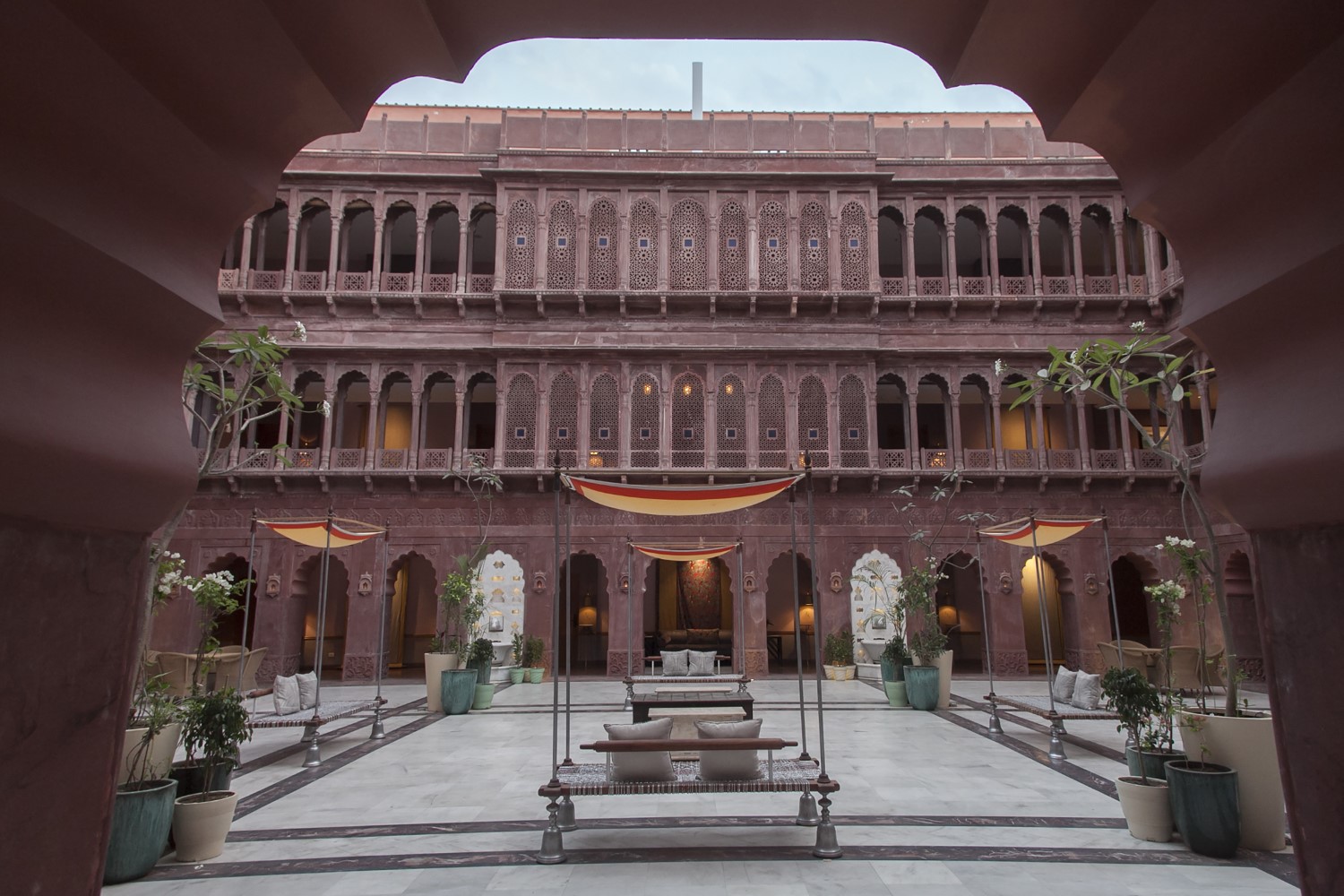

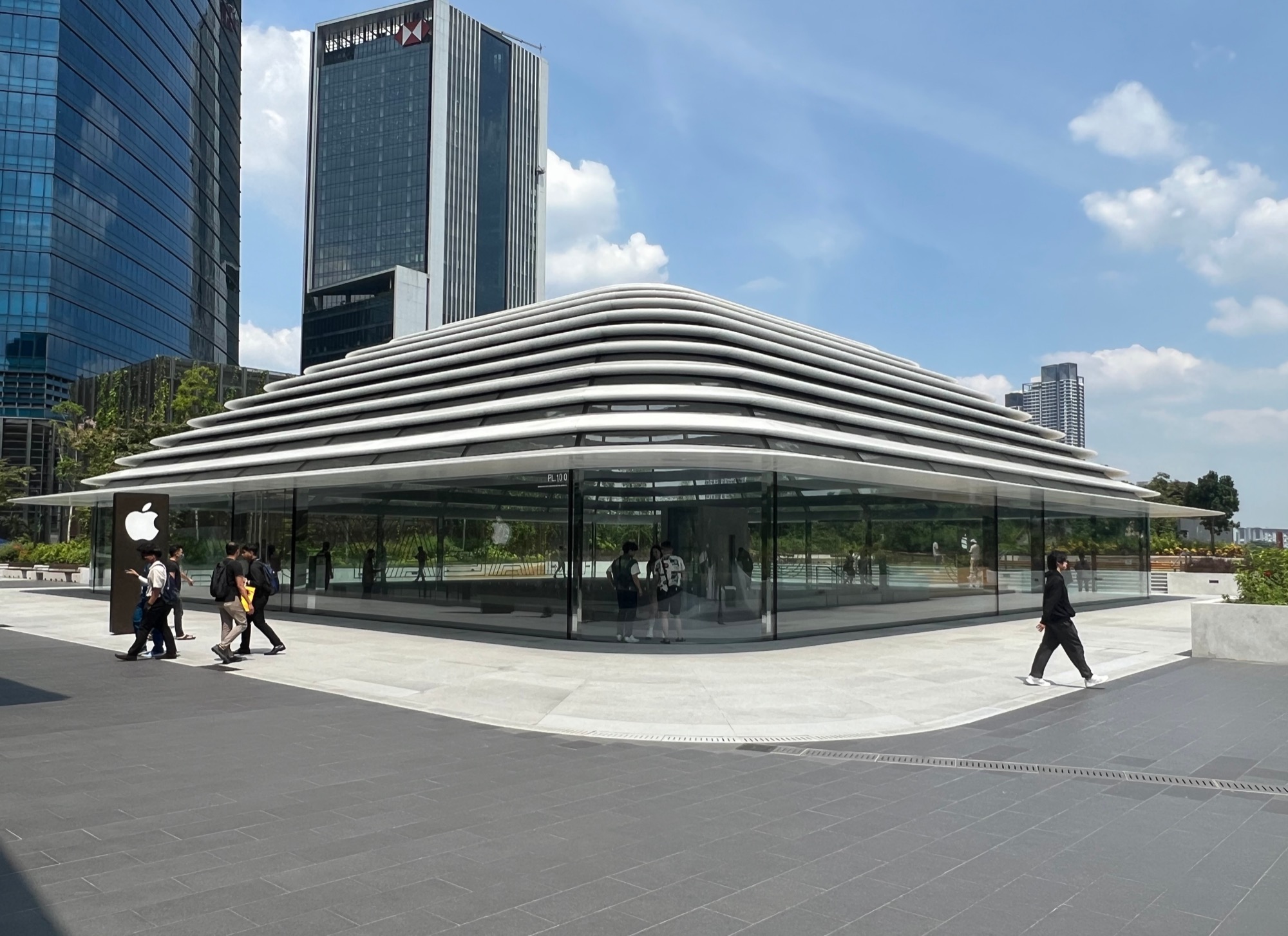
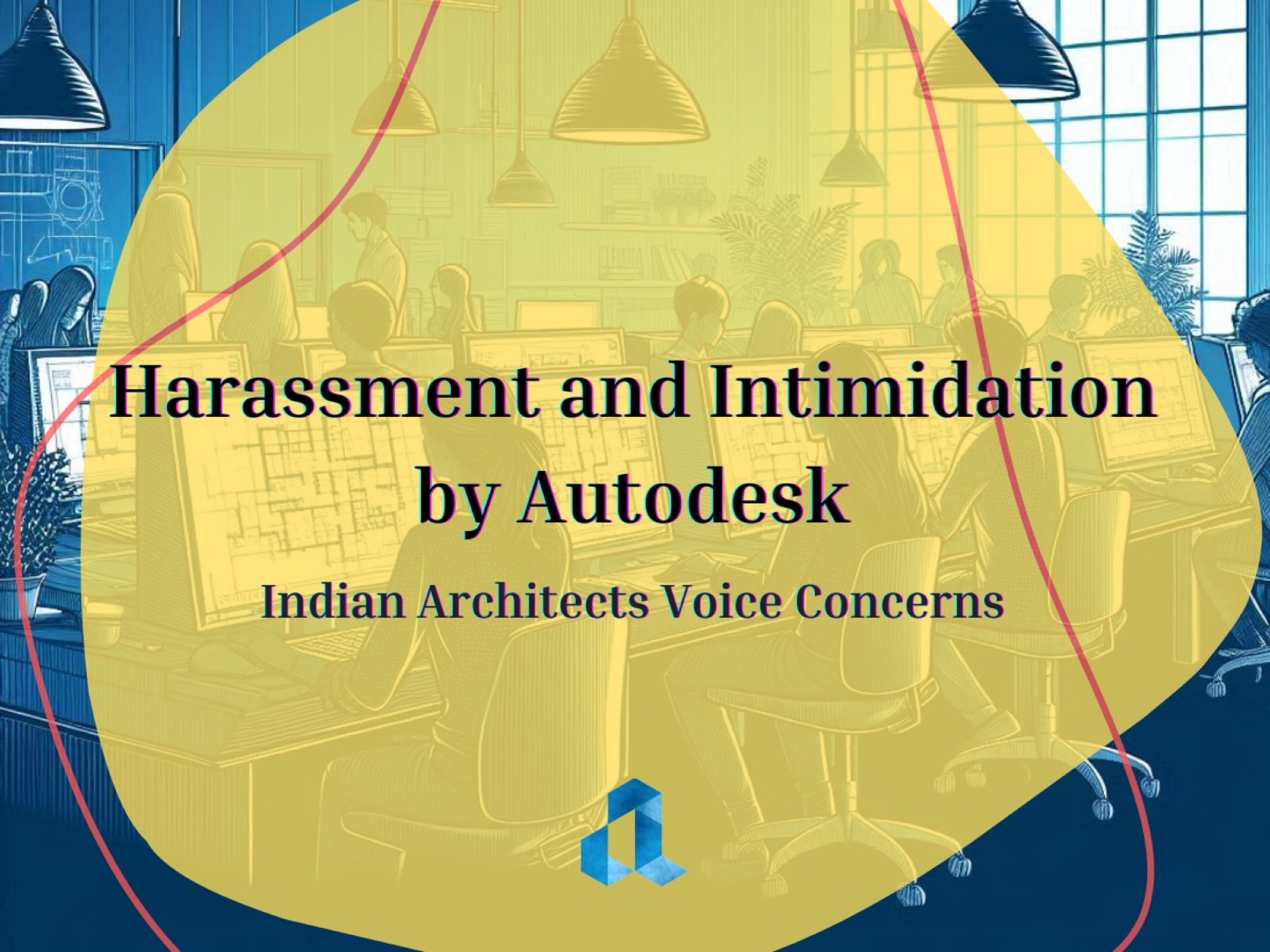
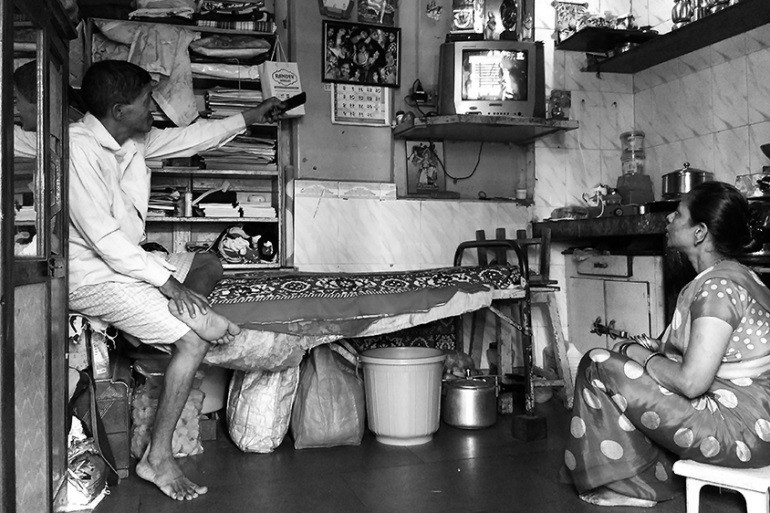

4 Responses
Students and architecture firm ratio has totally screwed up the entire scheme and charm of getting into an architectural office for the first time and learning the practical aspects. Internship is mainly left to ‘just somehow get into some office’. The quality of students is going down owing to bad teachers and mass production of architects. With commerce being out of picture now, some sense of relief for future architects can be seen as the number will decrease. Clearly, calculations of number of architects required in the country has seriously gone wrong causing this turmoil and students/ recent graduates are suffering due to this.
I had undergone a very different type of internship.The architect was always very rude and blunt to me.He always said to me that i should be afraid of him.He even made me sit where dogs used to shit and the reason was i was on internship and i am a trainee. He was a racist he is an truste of an design institute and used to be very good and proclaiming with them but when it came to an intern he was always yelling at me.
I guess, I really got lucky in this case. Em in a right place to achieve what I wanted in my life before completing 5 years of architecture. There are firms like where I am working, who does this out of passion and love towards architecture. And you get the best environment in these kinda firms. I want you people, not to choose a firm with ‘the brand name’ mainly. Big or small, Search for one, where people appreciate your work and encourage you to become more professional. 😉